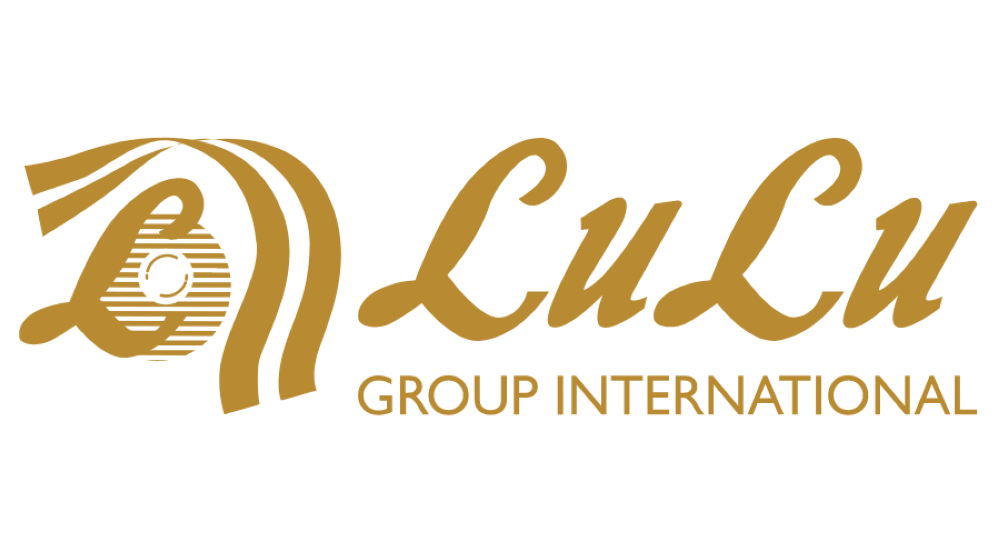LuLu Group is keen on integrating its digital transformation strategy into its climate action plan to lower the hypermarket chain’s impact on the environment, a top official has said.
“The group has appointed a sustainability officer to oversee this integration because we believe that automating many of LuLu’s processes could help reduce our carbon emissions,” said Dr Mohamed Althaf, director of LuLu Group International.
According to Althaf, LuLu is taking a page from a study by Google, where artificial intelligence (AI) was used to optimise their high-energy machines. He said the AI engine designed solutions that were 40% more efficient than commercial engineering due to its extensive database.
He said LuLu Group has applied its engineering expertise to make its buildings energy efficient, achieving a 24% reduction from 2021 to 2023. “This achievement is certified,” he said, “and the learnings are being applied to our new buildings, resulting in further reductions.”
But Althaf also acknowledged the limitations to how much engineering skills could contribute to LuLu’s net zero target. To avoid reaching a plateau, he said LuLu is considering employing AI to explore more possibilities, such as recalibrating the group’s supply chain, improving maintenance, and monitoring the health of their machines, including chillers, freezers, and vehicles.
“We are also interested in using AI for preventive maintenance and designing efficient assortments for our trucks, both locally and internationally. The goal is to minimise wastage of space and determine the optimal height for stacking goods. These are projects we are very interested in pursuing,” he said.
Althaf said AI could also play a role in various aspects of the group’s operations, including optimising energy usage. He stressed that AI could contribute significantly to waste reduction and management by creating strategies to reduce waste in its supply chain.
In terms of nutrition, Althaf said AI could quickly develop recipes and solutions that haven’t been explored before, such as AI’s role in designing protocols, particularly for transportation. Another area for AI’s potential is in predictive maintenance, ensuring better prediction and prevention of issues before they occur, he also noted.
Acknowledging the challenges that AI can address, Althaf said the most critical for the group is achieving its net zero goals, which LuLu aims to integrate with the digital transformation of its businesses.
“Our achievements, such as establishing the first net-neutral store and the first digital shop at Hamad International Airport, aim to motivate our team and draw attention to these initiatives.
“These milestones could encourage others within the organisation to consider how we can achieve similar results and explore strategies to incorporate AI into various aspects of the business,” he emphasised.
Althaf underscored that LuLu Group is currently working on setting up its first metaverse store, which is envisioned as a place for people to experience LuLu’s climate action plan and healthy eating initiatives. He also explained that LuLu’s metaverse store is seen as an engagement zone, allowing people to experience a new technology that would be vital in the coming years.
“We aim to enhance our capacity in the virtual world and ensure that this metaverse store allows people to experience LuLu’s climate-friendly initiatives, such as plant-friendly food options and refill options.
“We are currently working with a partner on the store’s format and we are in the early stages of this project. Despite not having a history or legacy in this area, we are actively working on this project and progress is being made,” he added.
Althaf revealed that LuLu Group also plans to establish multiple AI labs within the organisation: “These labs will have their own individual agendas but will also collaborate with each other. This initiative is part of our broader strategy to integrate AI into various aspects of LuLu’s operations and sustainability efforts,” he said.


